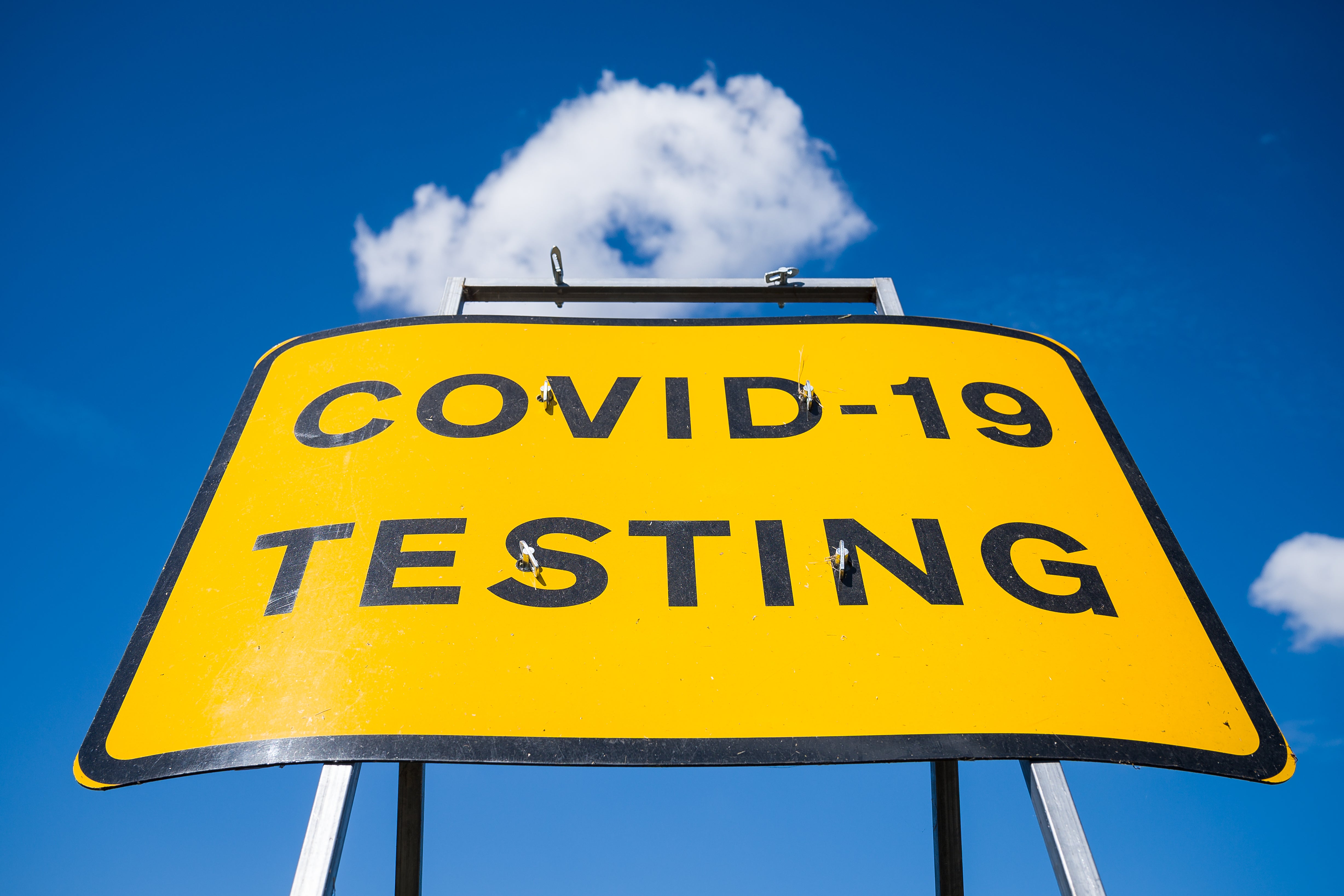With a degree of sophistication not previously seen at a Downing Street press conference, the chief medical officer for England, Chris Whitty, used a handful of slides and an animation to make a succinct and powerful case for the new “Rule of Six”.
As Boris Johnson added, the rule has to be legally enforceable to have much chance of success, though the police and “marshals” may encounter some resistance from the crankier, and drunker, elements of British society.
As things stand, there is no alternative. The threat of a quick rise in cases is obvious and has been seen in parts of Europe. It demands a response.
Yet the awful truth is that a fully functioning test-and-trace system might have made this latest social hardship unnecessary; at the very least it would make dealing with the inevitable uptick in infections easier to contain. In short, it would save lives.
It is now almost five months since Matt Hancock, the health secretary, solemnly declared: “We do need to have a comprehensive test, track and trace in place as soon as possible.”
He was right about that then, but unfortunately he is also right now, given that the “comprehensive” system has still not materialised, or least not to the extent that ministers have promised. That is a problem.
The continuing lack of rapid testing facilities and any far-reaching tracking capability risks yet more unnecessary suffering and damage to the economy as the second wave of coronavirus starts to build in the autumn and winter.
Test and trace is vital because it represents one of the principal ways to control the spread of the virus, alongside washing hands, face coverings and social distancing. As has been witnessed in some of the local lockdowns, such as Leicester, the implementation of a targeted efficient test, trace and isolate system can bring an outbreak under control remarkably quickly.
Other things being equal, the more comprehensive and timely a test and trace system, the lower the infection rate, the lower the casualties, the more the economy can operate, and the less need for draconian lockdown measures beyond the “Rule of Six”.
The fact is that such a world-class system, so often promised, does not exist, and Britain’s defences against the second wave are unforgivably weak. The nation will, as we see with the six-people rule, have to fall back on lockdown measures that will be increasingly difficult to enforce. Indeed, the suspicion is that younger people in particular have found the temptation to socialise irresistible.
Eat Out to Help Out may have encouraged a feeling that social freedoms were being restored; and the different rules applying to different parts of the country have made it more difficult for everyone to comply. (The Rule of Six still doesn’t apply outside England).
The record of the government has also eroded trust and the sense of civic duty that was such a feature of the first lockdown in March. Hence the added police activity promised by Mr Johnson, which may not prove entirely effective under the principle of policing by consent. The lack of financial support for those “doing the right thing” and isolating is also damaging the effort to protect public health. With a delay to the Oxford/AstraZeneca vaccine, the outlook is poor.
Many months after it was being tested, the contact-tracing app has still not arrived. Meanwhile, other countries have managed to design the necessary software, even if no system is perfect. Apparently a second version of the app is being trialled, but it seems far from a launch date. Far too many people are being asked to travel hundreds of miles for a test.
It may be true that great progress has been made and that all concerned have been working incredibly hard – but it has not been good enough to face the challenge of the next stage of the coronavirus crisis, and it is almost upon us.





Join our commenting forum
Join thought-provoking conversations, follow other Independent readers and see their replies
Comments